Cultural depth and human rights need to be more clearly emphasized in AI governance
Delegate Bui Hoai Son highly appreciated Article 4 of the draft Law, which affirmed the principles of "taking people as the center, respecting human dignity, human rights, privacy and ensuring public interests"; "ensuring safety, fairness, transparency, no bias, no discrimination and no harm to people or society"; "complying with the law, ethical standards and cultural values of Vietnam, contributing to strengthening order, morality and healthy social development"; at the same time "promoting innovation associated with green, inclusive and sustainable development, preserving national cultural identity".
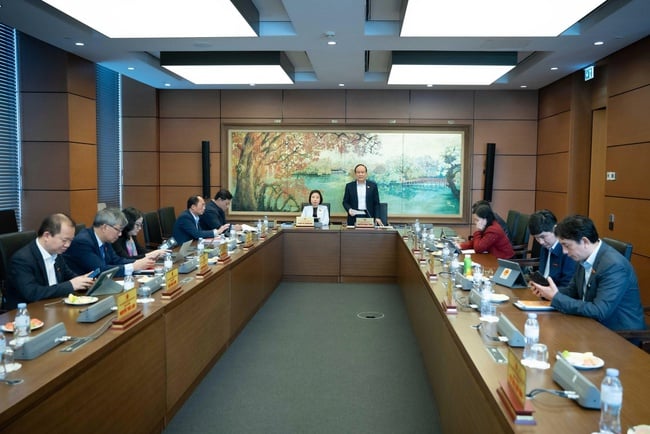
Scene of the discussion session at Group 1 - Hanoi City National Assembly Delegation
With a technology law, placing culture, ethics, identity and people at the center is a very correct choice. This is consistent with the spirit of the Constitution, with the Party's guidelines regarding culture as the spiritual foundation, the goal and driving force for development, and at the same time clearly shows the message: AI must serve people, not replace people. From a cultural perspective, delegate Bui Hoai Son said that this is the foundation for us to build "AI culture" - that is, the system of values, standards, lifestyles and behaviors of people in an environment increasingly saturated with technology.
However, to make these principles easier to implement, delegate Bui Hoai Son agreed with the opinion of the Committee on Science, Technology and Environment that the principles should be restructured into groups: group on people and rights, group on safety - risk, group on ethics - law, group on development - integration, to avoid duplication, increase logic and ease of application for implementing entities. At the same time, it is necessary to consider adding clear principles on accountability and traceability for AI systems, ensuring that all systems can be audited and monitored throughout their life cycle, especially in sensitive areas such as press, media, education , and culture.
However, delegate Bui Hoai Son suggested clarifying the content related to vulnerable groups: women, children, people with disabilities, ethnic minorities, etc. AI can unintentionally reproduce gender, regional, and ethnic prejudices if the training data contains such prejudices. Therefore, in Article 4 and the provisions on user protection, it is necessary to add requirements to assess the socio-cultural impact and the impact on gender equality, on vulnerable groups in the process of designing and operating AI systems.
The delegates expressed their agreement with the review agency's suggestion that the draft Law should have separate provisions on the rights of users and those affected by AI systems, such as the right to know and the right to request that humans review automated decisions made by AI. This is not only a legal issue but also a cultural one: ensuring that humans always maintain control and are not unconsciously "controlled" by algorithms in their daily lives.
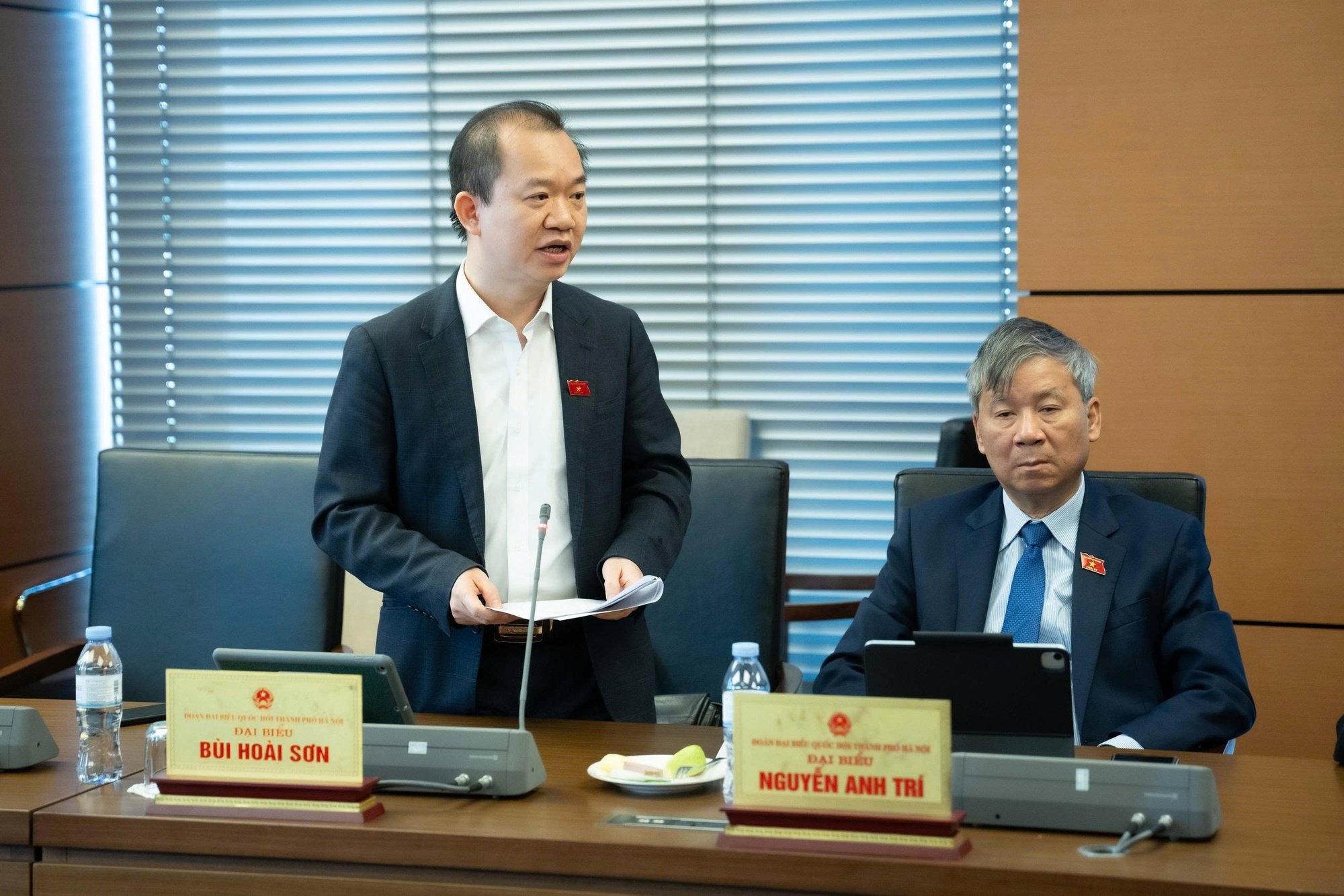
Delegate Bui Hoai Son, National Assembly Delegation of Hanoi City
State policies need to emphasize more the cultural dimension and social adaptability to AI.
Article 5 of the draft has determined that the State implements the policy of "developing artificial intelligence to become an important driving force for growth, innovation and sustainable development of the country", while at the same time linking it with green, inclusive development, environmental protection and "preserving national cultural identity". The review report also proposed adding very important policies such as: promoting controlled testing of advanced but potentially risky AI technologies; ensuring access to high-quality big data for model training; having a mechanism to attract and reward experts; and especially the policy of "in-depth training and popularization of basic digital knowledge and skills, AI ethics for officials, civil servants, people, especially children" to use AI safely.
Agreeing with these proposals, from a cultural perspective, delegate Bui Hoai Son suggested that the draft Law, in Article 5 or in the chapter on policy, should more clearly note orientations such as:
Encourage and prioritize the application of AI in the preservation and promotion of cultural heritage, in artistic creation, and in the development of cultural industries. These are areas where Vietnam has advantages in cultural resources, but is limited in resources; AI can be an effective tool to digitize heritage, create new experiential products, and improve creative productivity.
There are policies to support creative businesses and cultural and artistic startups applying AI, for example in film production, music , design, advertising, cultural tourism, etc., while requiring strict compliance with ethical and copyright standards.
When it comes to big data for AI training, it is necessary to consider Vietnamese cultural, historical, linguistic, literary and artistic data as a "strategic resource". Data policy should create conditions for Vietnamese AI models to access Vietnamese language and cultural treasures in a legal and controlled manner, thereby both protecting copyright and helping AI "speak Vietnamese" better and understand Vietnamese culture better.
Education, training and human resource development to turn AI into an opportunity to elevate Vietnamese digital culture
The Draft Law devotes a very important article to education and human resource development, stipulating that general education "integrates basic content on artificial intelligence, computational thinking, digital skills and technology ethics into compulsory programs"; vocational training institutions and universities develop training programs on artificial intelligence and data science; the State implements the "National Program for developing artificial intelligence human resources", including training policies, scholarships, attracting and employing experts, developing a team of lecturers, scientists and management human resources in this field.
Delegate Bui Hoai Son highly appreciated this approach because it linked the Law on Artificial Intelligence with Resolution 71 of the Central Committee on breakthroughs in education and training development, as well as the Resolution on specific mechanisms and policies to implement Resolution 71-NQ/TW, which is also being considered by the National Assembly at this session. However, from the practice of cultural education, the delegate said that teaching AI in schools is not only about teaching skills in using tools, but also about teaching "digital culture", "technology ethics" and the ability to assess information. Learners need to understand the risks such as misinformation, manipulation of public opinion, dependence on machines, and loss of independent and creative thinking ability.
Therefore, it is recommended that the draft Law add more emphasis to educational content on: privacy, personal data protection in the AI environment; respect for copyright, related rights, creative ethics when using AI in art; along with training in aesthetic capacity, critical thinking, the ability to distinguish between human-generated content and AI-generated content, so as not to equate everything, not to lose the "soul" of culture.
These contents should be designed in sync with policies on training highly qualified human resources, university autonomy, and international cooperation in education that the Resolution on specific mechanisms and policies for education is mentioning, including contents on specialized training and the fields of culture, arts, and high-performance sports.
Avoid gaps and overlaps between the Law on Artificial Intelligence and specialized laws in the fields of culture, journalism, and intellectual property.
The review report pointed out that the draft Law needs to continue to be reviewed to ensure consistency with groups of laws on digital infrastructure, data, security, safety; on science, technology and innovation; on enterprises, investment, finance; on education; and especially groups of laws related to ethics, society, rights and obligations, and legal responsibilities such as the Civil Code, Labor Law, Law on Children, Law on Persons with Disabilities, Law on Intellectual Property, Law on Handling of Administrative Violations, Penal Code, etc.
However, delegate Bui Hoai Son emphasized that the issue of intellectual property rights and copyright for AI-generated products is becoming a hot spot in the world, causing many disputes, but the current draft Law does not clearly stipulate it. The review report also suggested that it is necessary to discuss with the drafting agency of the Law amending and supplementing a number of articles of the Intellectual Property Law to supplement regulations on intellectual property rights, copyright and legal responsibility for AI-generated content. Considering that this is a close concern of artists and cultural and artistic producers, if not regulated in a timely manner, Vietnamese artists may be disadvantaged and the cultural creative environment will become unstable, so the delegate proposed that the Law on Artificial Intelligence should have at least one principled provision, affirming that all AI applications must respect intellectual property rights, must not illegally use training data from literary, artistic, musical, cinematic works, etc. and assign the Law on Intellectual Property to handle the details.
In addition, it is necessary to clarify the responsibilities of AI service providing platforms, especially cross-border platforms, in respecting Vietnamese laws on journalism, cinema, cyber security, information security, children, etc. Without strong enough regulations, it will be very difficult to handle acts of spreading toxic content created by AI, from fake news to content inciting violence, hatred, depravity, and violating culture and social ethics.
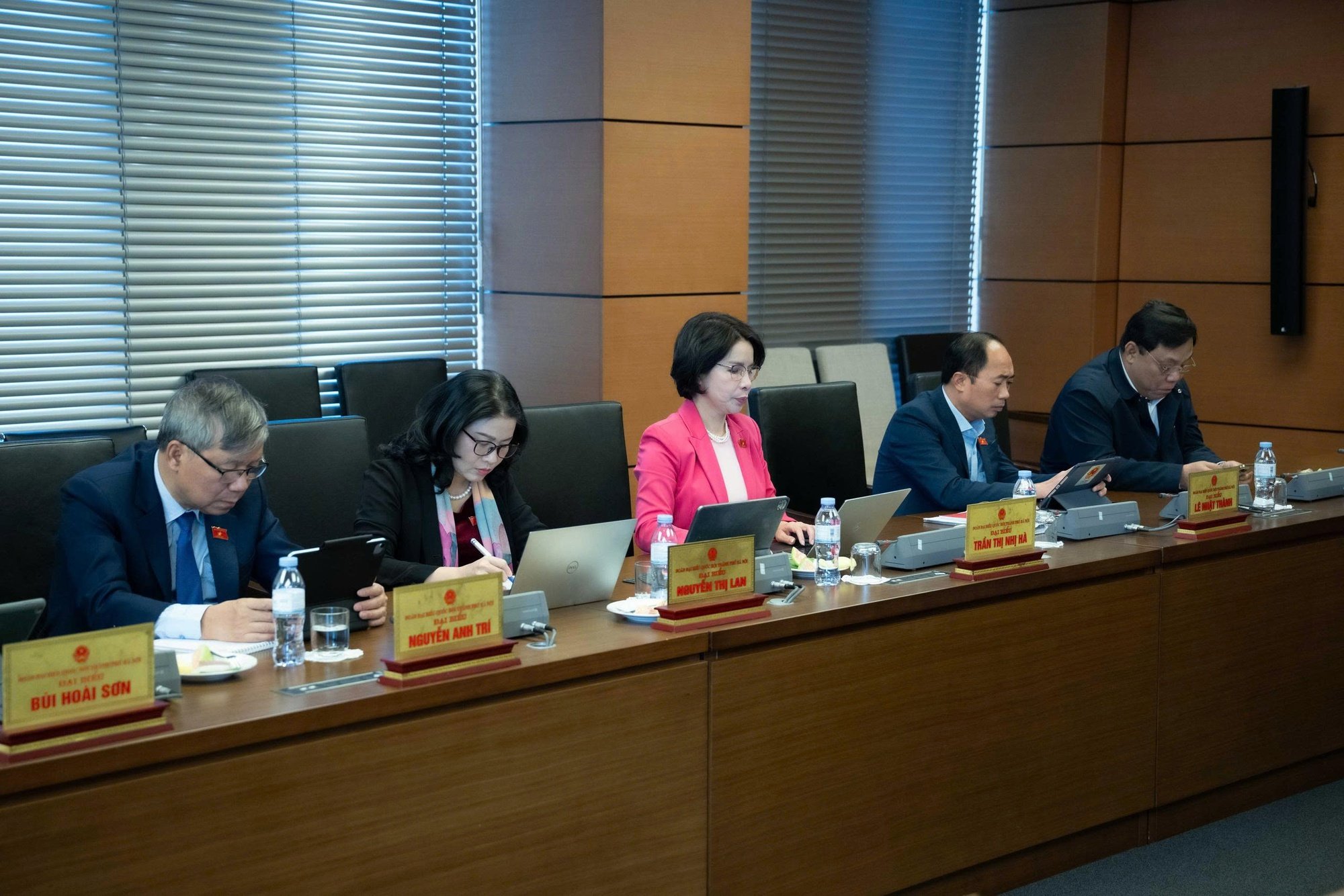
Delegates attending the meeting
Ensure resources and social monitoring mechanisms to enforce the law
Agreeing with the policy of establishing a National Committee on Artificial Intelligence, building a National Portal on AI, a national database on AI systems, along with incentive mechanisms, AI development funds, etc. as stated in the draft Law and the Review Report, delegate Bui Hoai Son proposed to carefully consider financial resources, human resources, assignment and decentralization in the process of implementing the law.
According to the delegate, in the National Committee on AI, there should be regular and substantial participation of agencies in charge of culture, education, information, press, and human rights to ensure that cultural-social criteria and human rights are integrated from the beginning in all policy decisions on AI.
In addition, the mechanism for monitoring the implementation of the Law is not only administrative supervision but also requires a social supervision channel: the voices of professional associations, social organizations, artists, academia, and vulnerable groups. When issuing technical regulations and standards for AI, there should be a public consultation process to avoid "technocratizing" this field, so that those directly affected have the opportunity to speak up.
The law should also send a clear message about ensuring equal access for users and organizations in Vietnam to major AI platforms, avoiding a situation where some businesses monopolize, restrict access or manipulate the market in a way that is disadvantageous to Vietnamese users and businesses.
Affirming that artificial intelligence is a historic opportunity for Vietnam to shorten the development gap, but also a huge test for cultural mettle, intelligence and governance capacity, delegate Bui Hoai Son supported the promulgation of the Law on Artificial Intelligence in the direction of a framework law, flexible, considering people and culture as the center, and at the same time suggested that the drafting agency continue to research and absorb more deeply the opinions of the reviewers, especially issues related to cultural values, ethics, human rights, education, intellectual property and social supervision. If well completed, the Law on Artificial Intelligence will not only be a law on technology, but also become a fundamental law of the new era - where AI accompanies Vietnamese people, along with Vietnamese culture, on the journey to rise strongly, sustainably and humanely./.
Source: https://bvhttdl.gov.vn/luat-tri-tue-nhan-tao-can-dinh-hinh-van-hoa-ai-ton-trong-cac-gia-tri-van-hoa-dao-duc-ban-sac-dan-toc-20251122155829015.htm


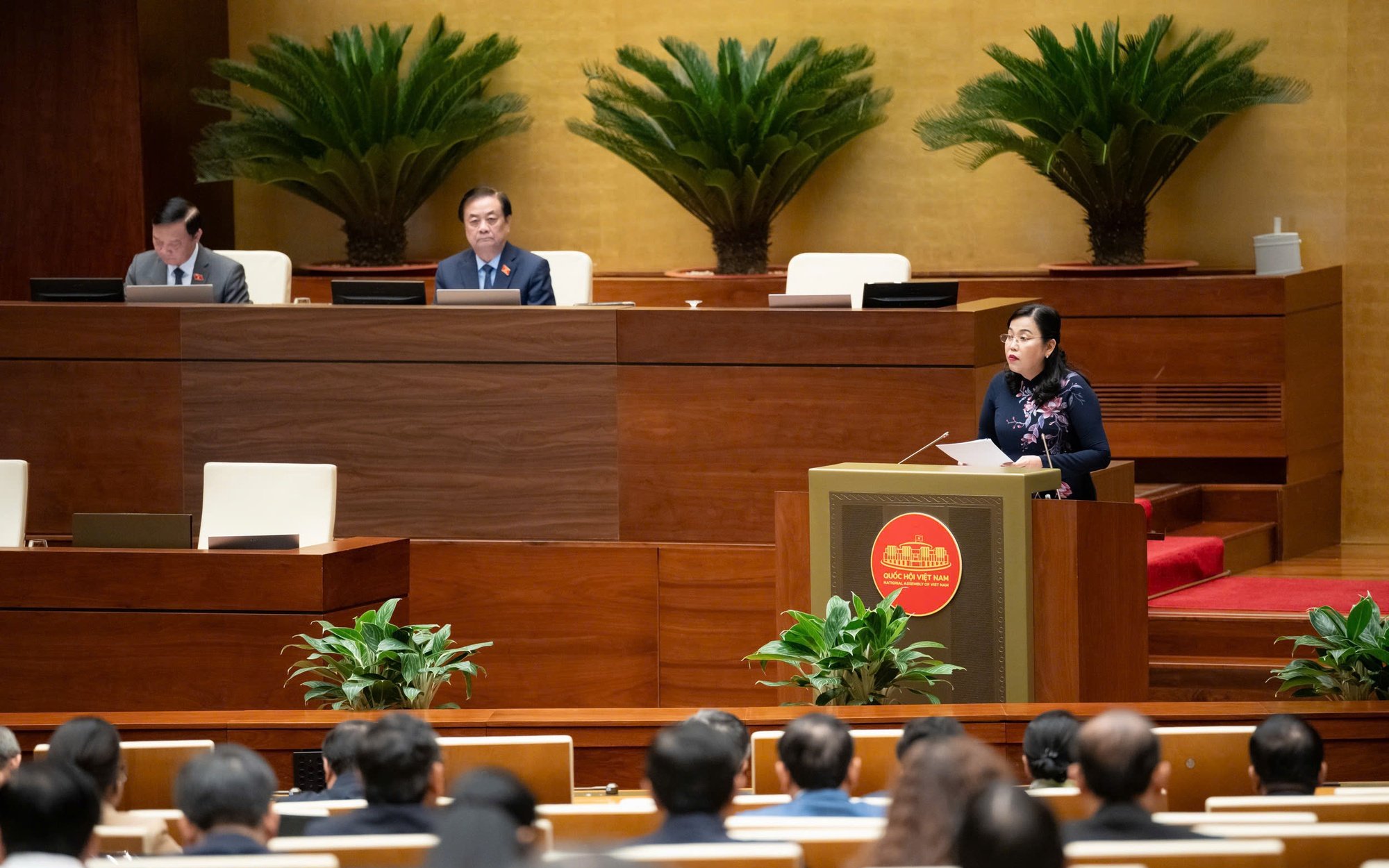










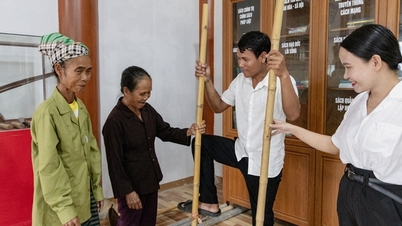






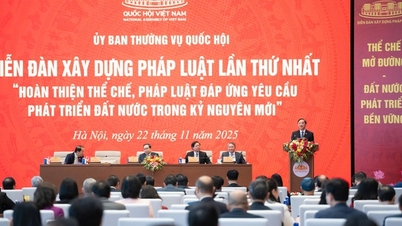
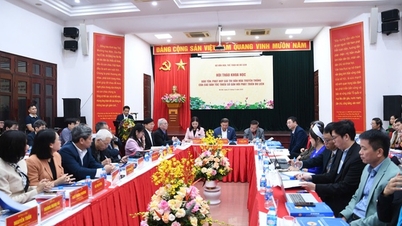
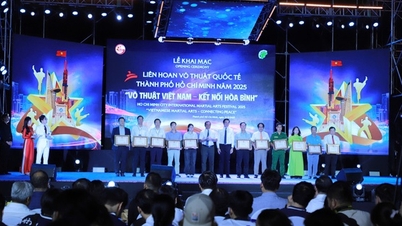
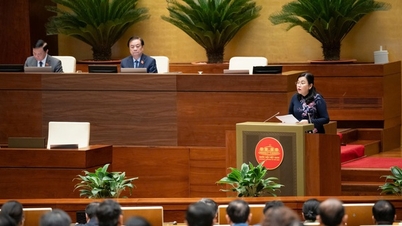
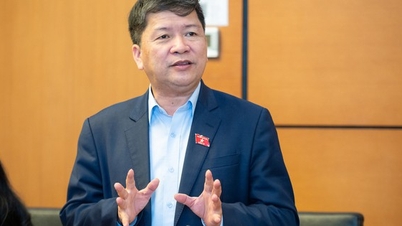
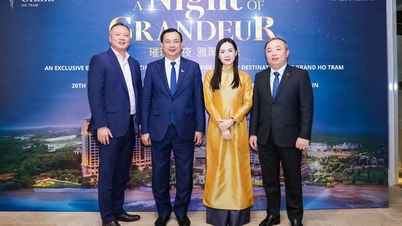



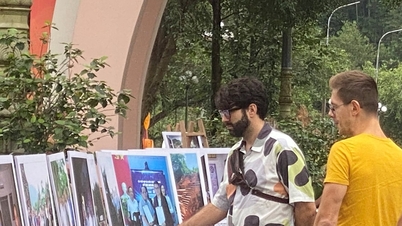

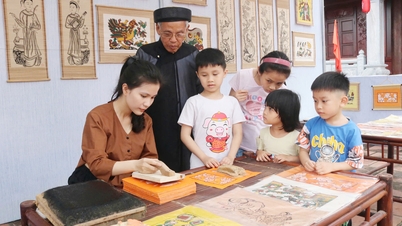

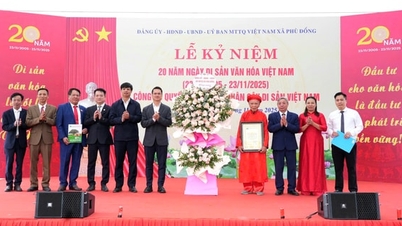




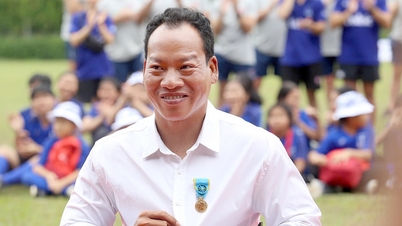

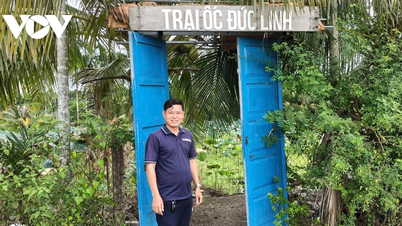

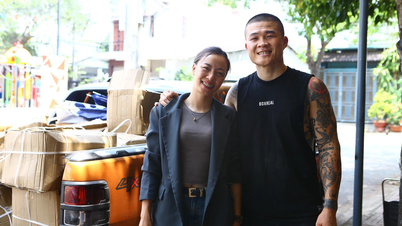

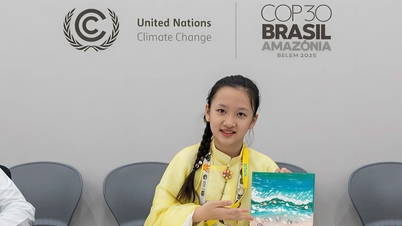

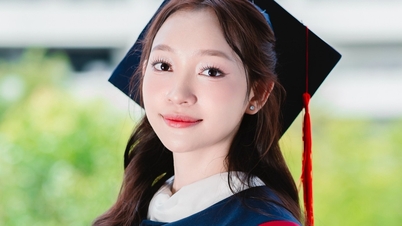

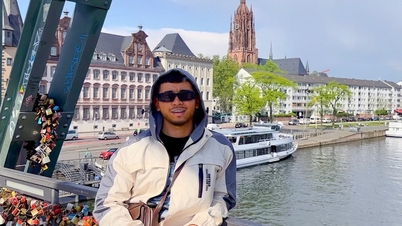








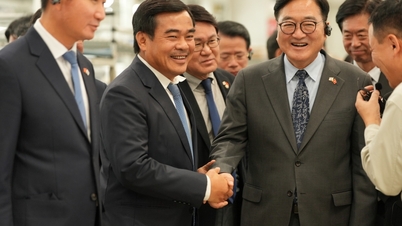








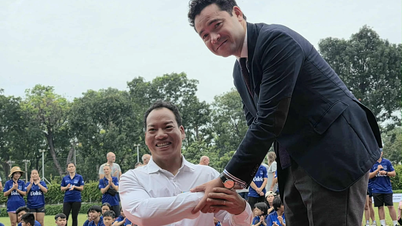

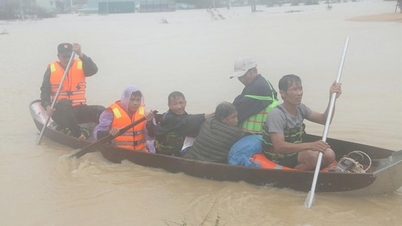

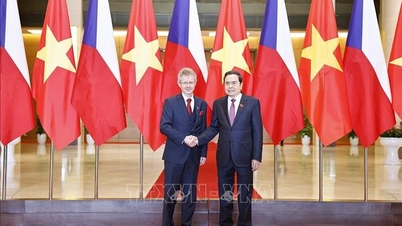



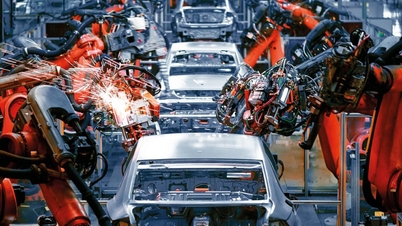
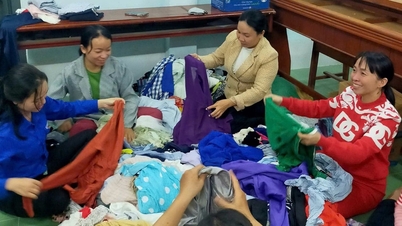



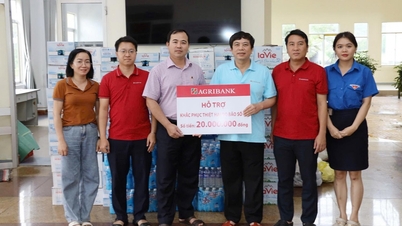

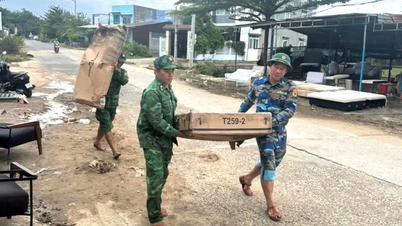
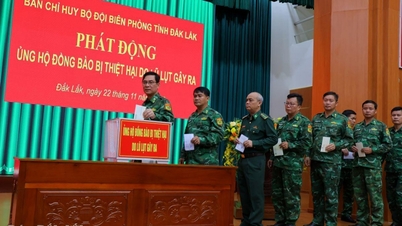
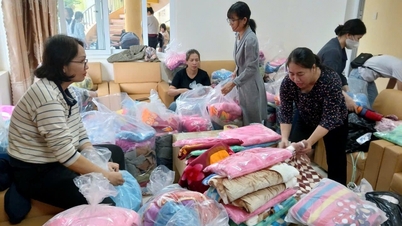













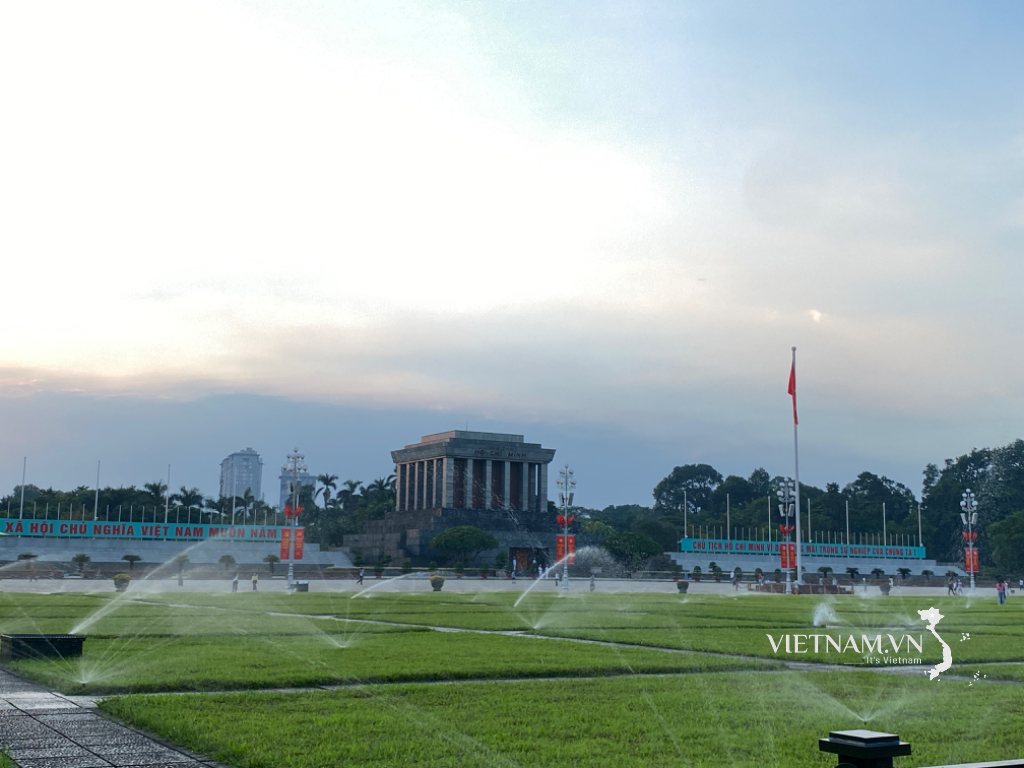

Comment (0)